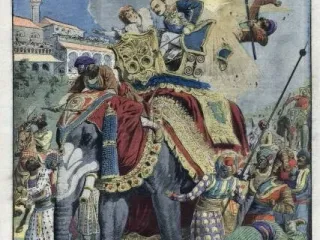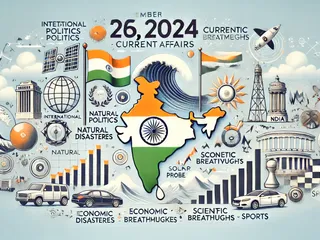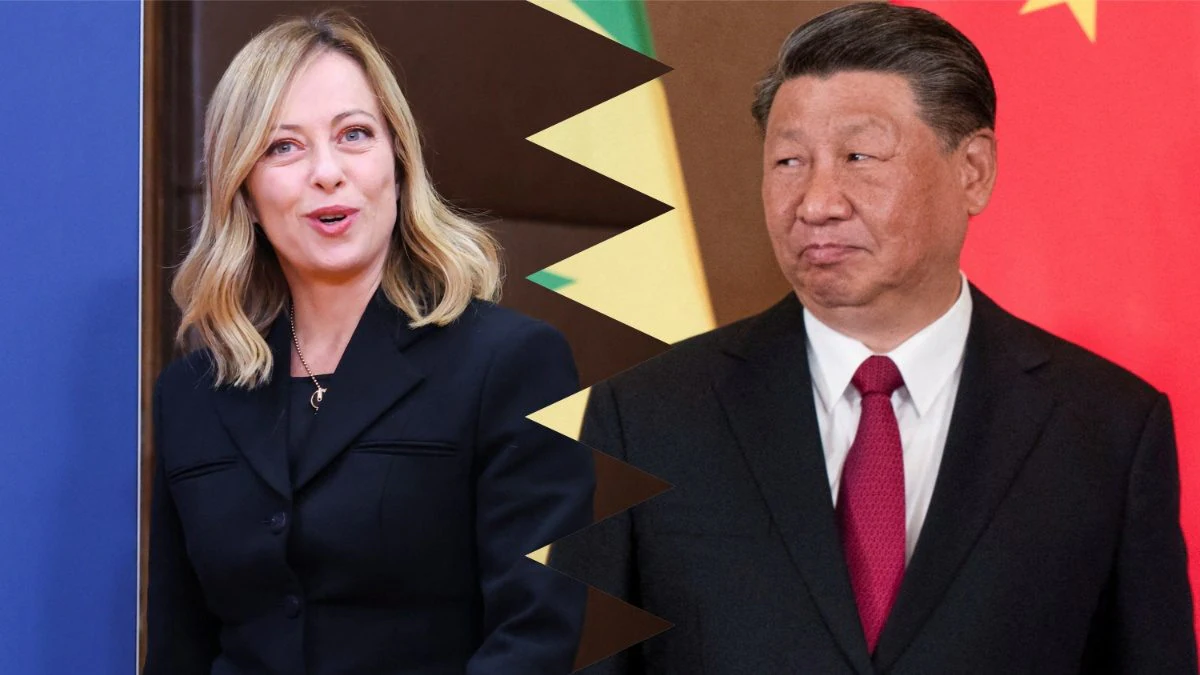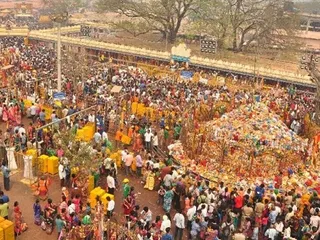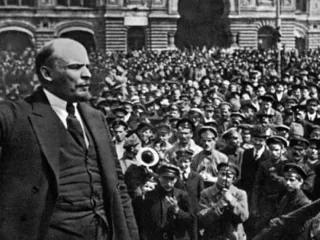December, the final month of the Gregorian calendar year, is renowned for its festive atmosphere and the astronomical event of the winter solstice. Originating from the Latin word decem meaning "ten", it was the tenth month in the early Roman calendar. Its positioning as the twelfth month is a result of later calendar reforms.
Key Events and Holidays in December:
- Winter Solstice: The shortest day and longest night of the year in the Northern Hemisphere, typically falling around December 21st or 22nd. This marks the astronomical beginning of winter.
- Christmas (December 25th): A widely celebrated Christian holiday commemorating the birth of Jesus Christ.
- Hanukkah (8-day festival): A Jewish festival commemorating the rededication of the Holy Temple in Jerusalem.
- Kwanzaa (December 26th - January 1st): An African-American and Pan-African cultural holiday celebrating family, community, and heritage.
- New Year's Eve (December 31st): Celebrated worldwide as the last day of the year, often marked with festivities and celebrations anticipating the new year.
December Traditions and Customs:
December is associated with numerous traditions and customs around the world. These often involve decorating homes, exchanging gifts, sharing meals with loved ones, and celebrating religious or cultural festivals. The symbolism of winter, light, and renewal is frequently woven into December festivities.
For more in-depth information on specific December holidays, you can refer to reputable sources such as:


